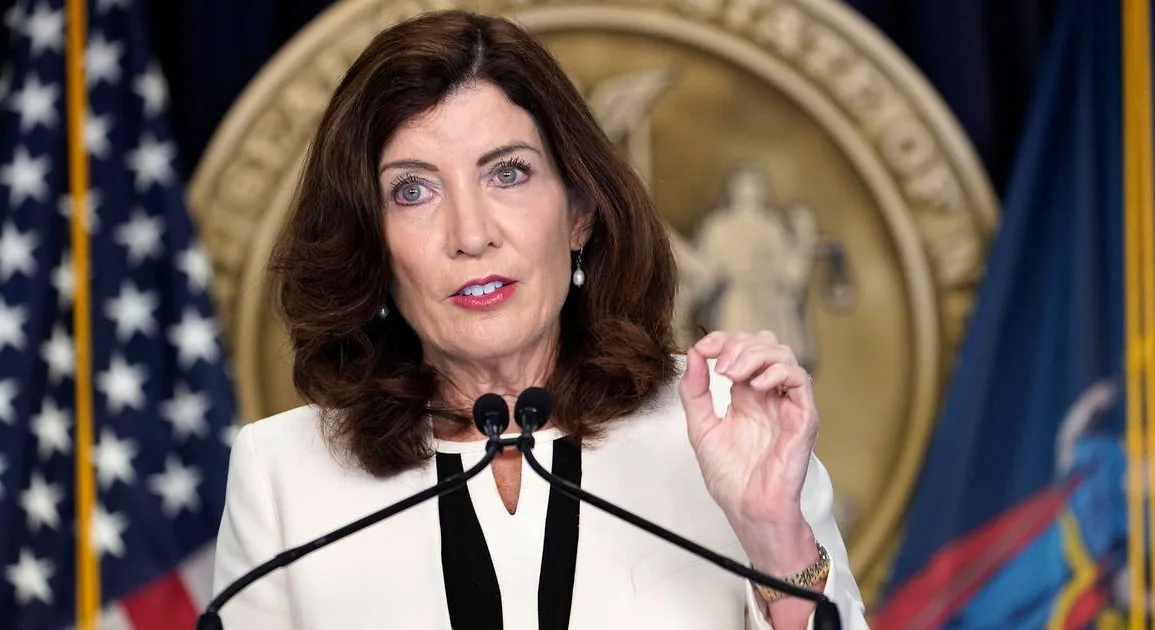Two members of the city of Detroit’s reparations task force have resigned less than a year into their appointed positions.
Co-chair Lauren Hood and Maurice Weeks announced their departures from the task force on Saturday (Dec. 2) during the committee’s first public meeting since August. The pair shared they debated departing for months and ultimately a combination of feeling discouraged about asking the City Council for support and feeling the task force “lacked a broad and strategic vision” was the final factor in their decision.
“I think, collectively, that group of people has different ideas about what reparations is fundamentally and we didn’t get to a place where we had a broad strategic vision,” Hood according to . “I’m happy that we’re now getting things done. We’ve got some partners who can help us organize existing information that will help make decisions, but we also still desperately need a strategy for how we engage the public around this work.”
Hood stated they needed to involve the community by holding a public hearing so that those impacted by the harms they are attempting to address could share their experiences. However, the task force had yet to develop a strategy for how to do that.
The Detroit Reparations Task force was formed in 2021 after an overwhelming majority of Detroit residents voted in favor of the initiative to address the deep institutional racism impacting Black residents and their concerns for progress. The 13 task force members were appointed by the City Council in February of 2023 and held its first public meeting on April 13 at City Hall in the Highland Park neighborhood of Detroit.
With Hood and Week’s resignations, the task force is now down to 10 members following the death of Reverend JoAnne Watson in July. As a result, Detroit City Council members will have to elect three new appointments when sessions convene in the new year.
Task Force co-chair Keith Williams told The Detroit News on Monday (Dec. 4) he wasn’t in attendance at Saturday’s meeting, but made his stance clear saying “the task at hand is bigger than two members.
“No one person is bigger than the mission of reparation because the mission should be about bringing relief to the thousands of Black people who suffer from racist practices of the past,” Williams said. “This is not the time to blame anyone because this is sacred work and we must finish the job that the citizens of Detroit voted for.”
Mary Sheffield, president of Detroit’s City Council, shared in a statement to The Detroit News Monday that the task force was designed to be community-led and driven and not to have City Council involved in its day-to-day activities.
“City Council has done our part by appointing members in a timely fashion and by ensuring funding was secured and appropriated to help facilitate the Task Force’s work. Anytime you assemble a 13-member body, all with different opinions and personalities, to tackle such a difficult subject such as reparations, it will take time to get everyone rowing in the same direction”, Sheffield stated.
The Task Force was granted a $350,000 budget by the city to finance its series of meetings and is required to submit a written report of its findings and recommendations to the City Council in 18 months or sooner for approval. Hood said she hopes her and Weeks’ departures ignite action in areas where they haven’t seen positive action. Weeks has yet to provide an official statement.
California became the first state to officially address reparations for its black residents in 2021. Other cities including Evanston, Ill,, Boston, San Francisco, St. Paul, Minn., and others have either launched task forces or passed resolutions on reparations.


